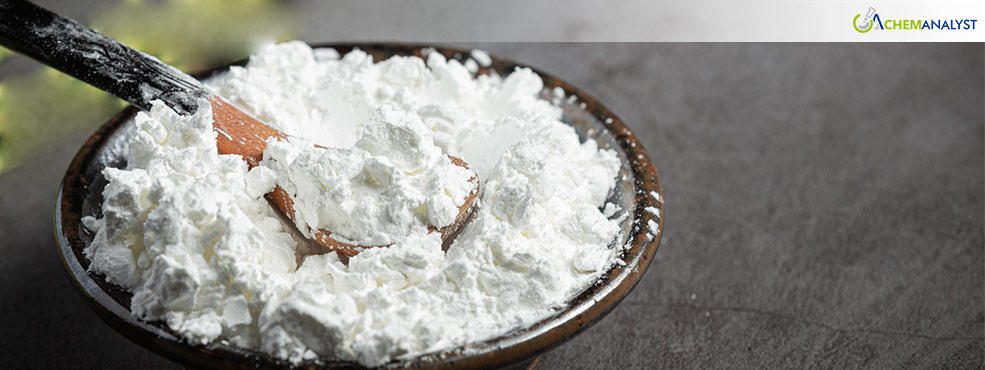Welcome To ChemAnalyst

The U.S. market for Povidone, a widely used pharmaceutical excipient, is expected to experience decreased import demand and pricing pressures during the upcoming winter months. Industry insiders predict that several interrelated factors will contribute to this trend, impacting both suppliers and buyers in the pharmaceutical and personal care sectors.
One of the main drivers behind the anticipated decline in Povidone demand is the natural seasonality of the pharmaceutical market. Historically, demand for excipients like Povidone stabilizes during winter, as over-the-counter cold and flu medication needs typically level off. With demand from pharmaceutical companies expected to ease, imports of Povidone may decrease accordingly. Many U.S. manufacturers will likely rely on stockpiles built up during the fall, especially to avoid potential winter disruptions in logistics and transportation.
This anticipated reduction in demand will be further amplified by the higher operating costs that businesses typically face in winter, such as increased heating expenses for warehouses and factories. Consequently, companies are expected to manage inventories more conservatively, limiting large-scale imports in favor of cost-effective resource management.
Additionally, severe weather conditions, including snowstorms and freezing temperatures, are projected to impact transportation networks, causing delays and prompting companies to prioritize local inventory over imports. If weather disrupts import logistics, companies may lean towards their existing stock, which would further reduce Povidone imports in the short term.
In terms of pricing, global Povidone supply is expected to be more abundant during the winter months due to increased production capacities in major exporting countries. Coupled with the likelihood of lower raw material costs, particularly for butanediol (the feedstock for Povidone), this could contribute to a supply glut, pushing down global prices. As such, Povidone imports may become less competitive in the U.S. market, encouraging buyers to delay purchases and rely on domestic inventories.
Another significant factor is the impact of winter on consumer behavior. Higher household costs for heating and holiday-related spending may reduce consumer demand for non-essential items, including personal care products that contain Povidone. This expected decrease in downstream demand could have a ripple effect, resulting in lower Povidone imports.
With a strong dollar anticipated during this period, the price competitiveness of imported Povidone could weaken further. This may lead to fewer purchases by U.S. buyers, as cheaper foreign alternatives become less attractive relative to domestic or stockpiled options.
Finally, many buyers are likely to delay purchases until the start of the new year, hoping to benefit from potential price adjustments and improved supply chain conditions in early spring. With companies holding back on Povidone purchases until after January, U.S. import demand is projected to see a marked reduction this winter.
We use cookies to deliver the best possible experience on our website. To learn more, visit our Privacy Policy. By continuing to use this site or by closing this box, you consent to our use of cookies. More info.
